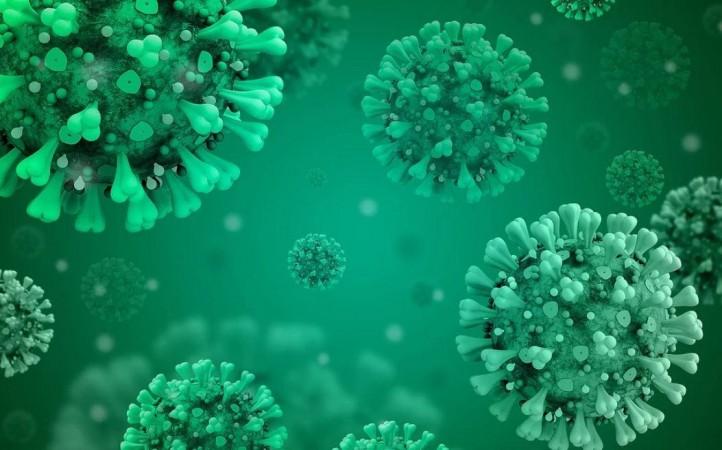In pre-clinical research, a group of scientists led by researchers from the University of North Carolina at Chapel Hill, Weill Cornell Medicine, and New York-Presbyterian reported that the Moderna mRNA vaccine and a protein-based vaccine candidate elicited long-lasting neutralizing antibody responses to SARS-CoV-2. There were no negative effects.
"Safe and effective vaccines for young children will help limit the spread of COVID-19 because we know children can transmit the virus to others, whether they get sick from SARS-CoV-2 infection or remain asymptomatic," said Sallie Permar, chair of the Department of Pediatrics at Weill Cornell Medicine. "Moreover, many children have become sick and even died from the infection, with many more negatively impacted by the measures put in place to curb the spread. Thus, young children deserve protection from COVID."
The immunizations induced strong neutralizing antibody responses in 16 infant rhesus macaques that lasted for 22 weeks, and the researchers are doing challenging experiments this year to better understand the immunizations' potential in long-term protection.

The researchers inoculated two groups of eight infant rhesus macaques at 2.2 months of age and 4 weeks later to test SARS-CoV-2 infant immunization. Each animal was given one of two vaccines: a preclinical version of the Moderna mRNA vaccine or a protein-based vaccine developed by the Vaccine Research Center of the National Institute of Allergy and Infectious Diseases (NIAID), which is part of the National Institutes of Health, with a 3M adjuvant that stimulates cells via toll-like receptors 7 and 8. The Infectious Disease Research Institute created an emulsion of the adjuvant (IDRI).
Both vaccines produced large amounts of IgG neutralizing antibodies against SARS-CoV-2 as well as Spike protein-specific T cell responses -IL-17, IFN-g, and TNF. These are referred to as T helper 1 immunological responses.
Importantly, none of the immunizations elicited T helper type 2 responses, which can be deleterious to vaccine efficacy and safety in newborns. Such responses can work against the virus's immune response. As a result, T helper 2 responses have hampered vaccine development in young children, most notably for the common Respiratory Syncytial Virus (RSV).
"We were sure to check for evidence of T helper 2 responses, such as IL4, in the blood plasma of all macaques to be sure neither vaccine produced such a response," said co-senior author of the paper, Kristina De Paris. "We need to keep studying this, but so far we have seen no evidence of this."
The American Academy of Pediatrics has campaigned for vaccine testing in young children, which is now ongoing.

















